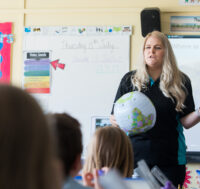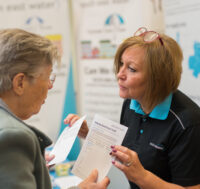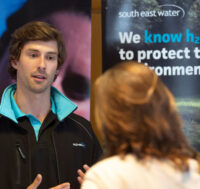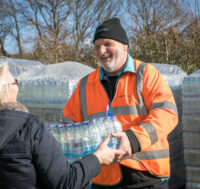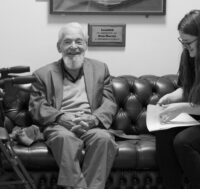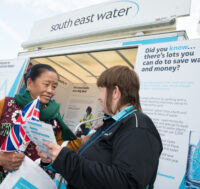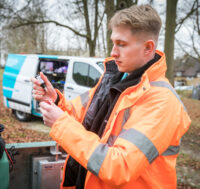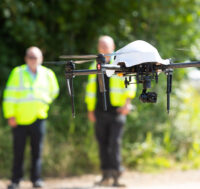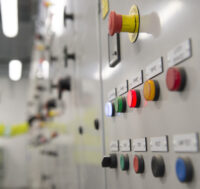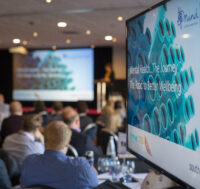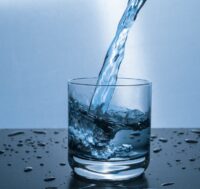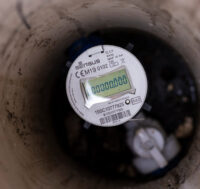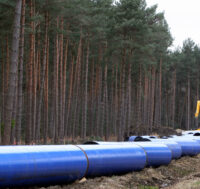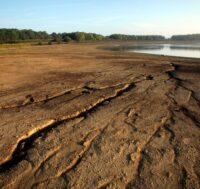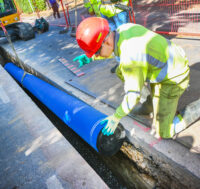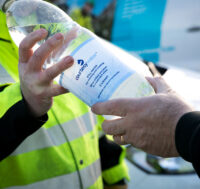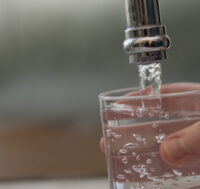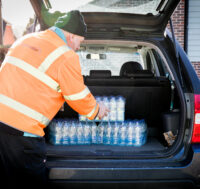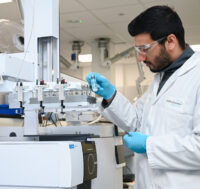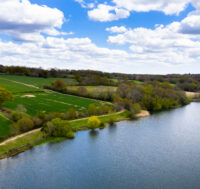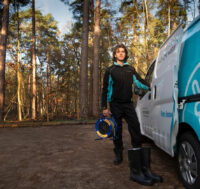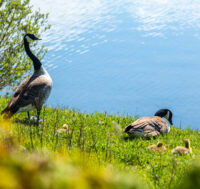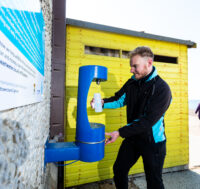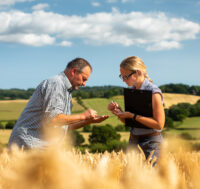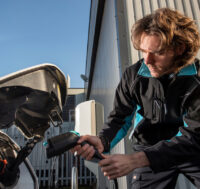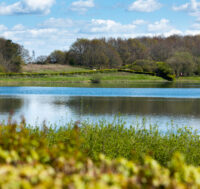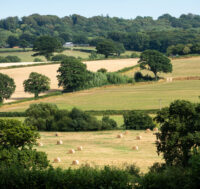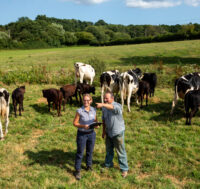Grant-funded investments to reduce pressure of drought
Summer 2022 was one of the hottest and driest on record, with temperatures reaching more than 40 degrees Celsius in parts of the UK for the first time.
This put huge pressure on our water network as water use soared to a record-breaking 675 million litres per day, compared to an average of 530 million litres per day.
The effects of this hot, dry, weather were felt by farmers in the south east.
That’s why we have part-funded new rainwater harvesting systems on farms in priority catchment areas.
This forms part of our Capital Grants Scheme for eligible farmers to make improvements to their farm while protecting raw water quality and availability, usually in the form of a 50 per cent investment by us, up to £10,000, with the farmer providing the remainder of the funds.
Organic dairy producer Dan Burdett is one such farmer who has used our funding to invest in rainwater harvesting at his organic 240-head dairy farm near Haywards heath.
Producing an average of 6,000 litres of milk per cow is thirsty work, and Mr Burdett was previously wholly reliant on mains tap water to supply his herd.
With both drought and flooding becoming more common, he wanted to improve his land’s ability to store water for when it was needed and build in resilience.
This has the dual benefit of preventing soil and nutrient run-off into the nearby River Ouse and providing a back-up in case of a problem with his tap water supply. It also protects the health and resilience of his grass crop, the main food source for his cows.
Mr Burdett explains: ““The south east has historically always been dry in late summer, so we’ve tried to build our farming system around that. Water management is increasingly important with periods of higher temperatures becoming longer and more frequent. We’re also experiencing more high rainfall events than in the past."
“Our focus is therefore on improving the soil’s health, structure and ability to hold on to the water from sudden high rainfall, so it doesn’t run into the river and the grassland is better able to withstand the long dry periods.”
Rainwater from the farm buildings no longer run across the farmland and fields, but instead is collected and pumped into the cows’ drinking water system and combined with water which Mr Burdett pumps from the river.
No extensive water treatment is required for the cattle to drink it, with the water simply passed through a sand and a UV filter.
This means that during periods of high demand, Mr Burdett could choose to use solely harvested water, reducing demand on our water treatment works and underground pipe network.

